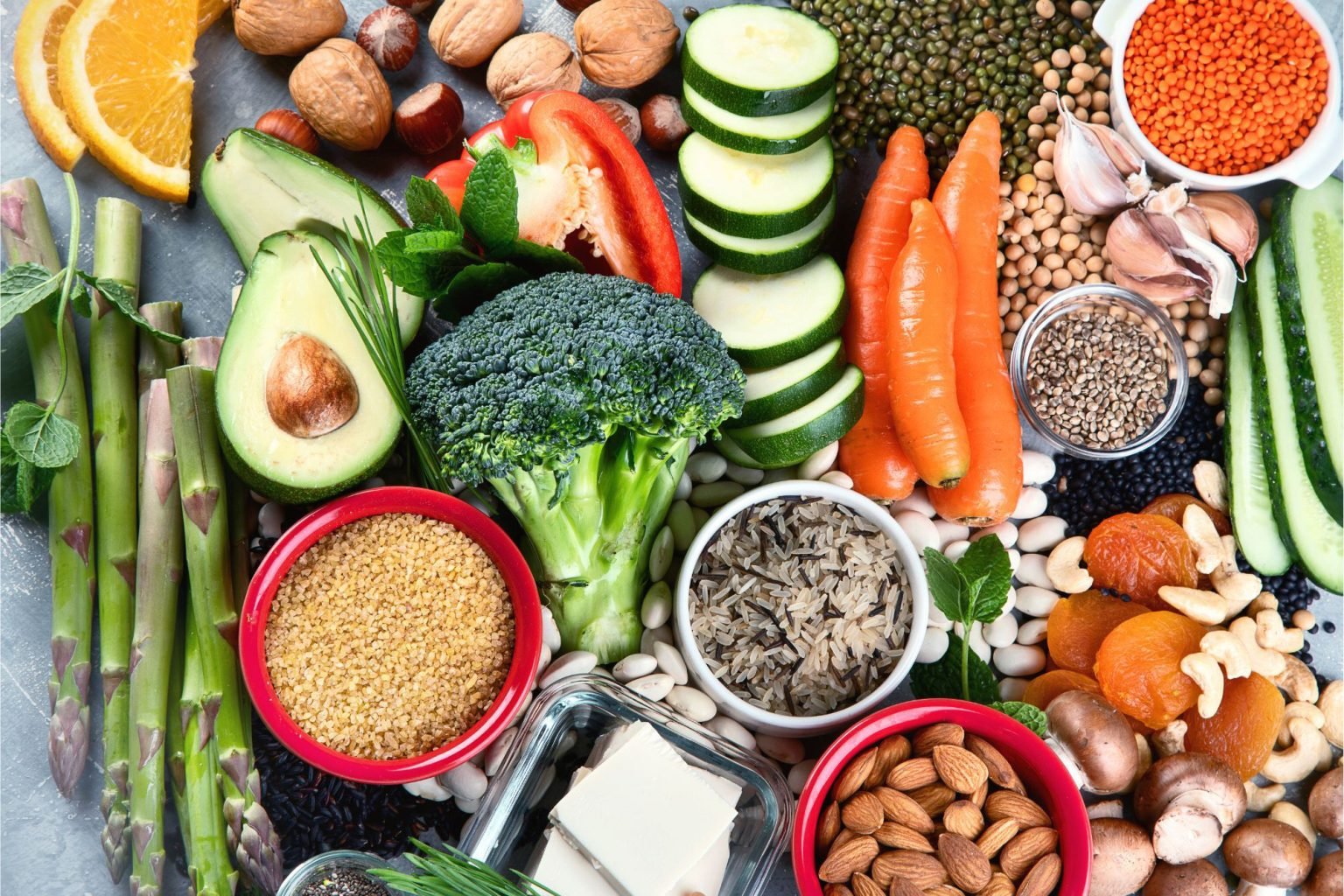Researchers Warn: Vegan Diets May Lack Key Nutrients – What You Need to Know
In recent years, veganism has seen an exponential rise, with millions of people switching to plant-based diets for ethical, environmental, and health reasons. From celebrities to fitness influencers, many are advocating for a meat-free lifestyle. However, recent research highlights a crucial concern: vegan diets may lack key nutrients essential for long-term health.
If you’re following or considering a vegan diet, it’s essential to understand which nutrients you might be missing and how to address those gaps.
Why Are People Choosing Veganism?
Before diving into the nutrient concerns, let’s understand why veganism is on the rise:
Health Benefits: Lower risks of heart disease, certain cancers, and type 2 diabetes.
Ethical Reasons: Concern for animal welfare.
Environmental Impact: Reduced carbon footprint and more sustainable food consumption.
But as more people adopt vegan lifestyles, health experts and researchers are urging caution about potential nutritional deficiencies.
Key Nutrients Often Missing in a Vegan Diet
1. Vitamin B12
Why it matters: Vital for nerve function, red blood cell production, and DNA synthesis.
Problem: Vitamin B12 is naturally found only in animal-based products.
Deficiency symptoms: Fatigue, weakness, constipation, loss of appetite, and even neurological issues.
Solution: Take B12-fortified foods (like plant milks, breakfast cereals) or supplements.
2. Iron
Why it matters: Crucial for oxygen transport in the blood and energy production.
Problem: Plant-based iron (non-heme iron) is less easily absorbed than animal-based iron (heme iron).
Deficiency symptoms: Tiredness, pale skin, brittle nails, dizziness.
Solution: Include iron-rich plant foods (lentils, tofu, spinach) with vitamin C sources (like oranges, bell peppers) to enhance absorption.
3. Omega-3 Fatty Acids
Why it matters: Important for brain health, heart health, and inflammation control.
Problem: Vegan diets often lack EPA and DHA, two types of Omega-3s found mainly in fish.
Solution: Consume flaxseeds, chia seeds, walnuts, and algae-based Omega-3 supplements.
4. Calcium
Why it matters: Essential for bone health and muscle function.
Problem: Without dairy, calcium intake can drop significantly.
Solution: Eat calcium-rich vegan sources like fortified plant milks, tofu made with calcium sulfate, almonds, and leafy greens.
5. Zinc
Why it matters: Supports immune function and wound healing.
Problem: Plant sources of zinc are harder for the body to absorb.
Solution: Eat zinc-rich foods such as legumes, seeds, and whole grains. Consider a supplement if your diet is lacking.
6. Protein
Why it matters: Needed for muscle repair, hormone production, and overall cell health.
Problem: Getting all nine essential amino acids from plants can be challenging.
Solution: Combine various plant proteins—like beans and rice, or hummus and whole-grain bread—for complete protein intake.
What Do Researchers Say?
According to studies from the Harvard School of Public Health and the British Dietetic Association, vegan diets can be healthy if well-planned. But without careful attention, deficiencies in key nutrients may lead to serious health issues over time.
A recent meta-analysis published in Nutrients Journal concluded that vegan diets are linked to lower levels of Vitamin B12, calcium, and iron, especially in individuals who don’t use fortified foods or supplements.
How to Stay Nutritionally Balanced on a Vegan Diet
To maintain a healthy, balanced vegan diet, follow these science-backed tips:
Track Your Nutrients: Use apps or journals to monitor your intake.
Plan Your Meals: Include a variety of whole foods—legumes, grains, nuts, seeds, fruits, and vegetables.
Supplement Wisely: Talk to a healthcare professional about B12, iron, and omega-3 supplements.
Get Regular Blood Tests: Check for deficiencies in B12, vitamin D, iron, and other critical nutrients.
Final Thoughts
Veganism can be a powerful lifestyle choice for health, the environment, and ethical reasons—but only if approached with awareness and planning. The key takeaway from recent research is clear: don’t go into veganism blindly.
Focus on creating a nutrient-rich diet and consult with a nutritionist to tailor your plan. With the right strategy, a vegan lifestyle can be not just sustainable, but incredibly healthy.

















+ There are no comments
Add yours